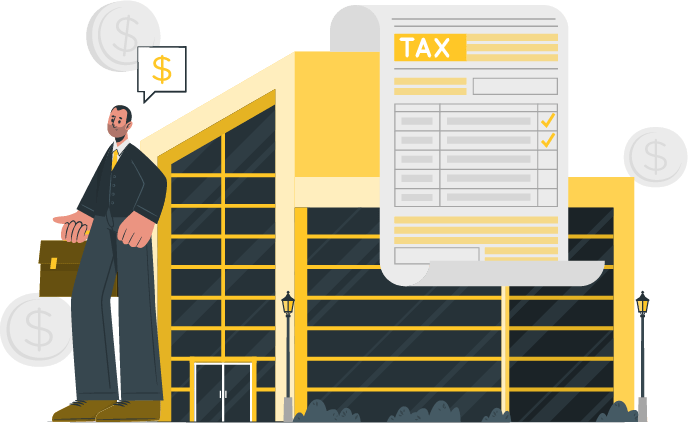What else to include
Feel free to schedule appointments according to your preferences. You have the flexibility to choose between in-office visits, virtual meetings via Teams, and communication through emails, phone calls, or messages on WhatsApp. Whether you prefer face-to-face interactions or the convenience of remote communication, we offer diverse options to accommodate your needs.
Tax Returns
Navigating tax obligations can be complex for gig economy drivers like Uber, Lyft, or delivery service drivers. As an experienced accountant specializing in this field, I'm here to help you understand and manage your tax responsibilities effectively.
Understanding Your Tax Obligations
Gig economy income is typically considered self-employment income, which means you’re responsible for reporting and paying taxes on your earnings. This includes income from ride-sharing services, food delivery platforms, or any other gig work.


Key Tax Deductions for Gig Economy Drivers
I offer comprehensive tax planning and preparation services tailored to the unique needs of gig economy drivers. Whether you’re a full-time driver or supplementing your income with gig work, I can help you maximize your deductions, minimize your tax liability, and ensure compliance.
As a gig economy driver, you may be eligible for various tax deductions to reduce your taxable income, including:
Vehicle
Expenses
Deductible expenses include gas, maintenance, repairs, insurance, and depreciation. Keep detailed records of your mileage and expenses to maximize your deduction.
Home Office
Deduction
If you use a portion of your home exclusively for business purposes, you may be able to deduct related expenses such as utilities, internet, and rent/mortgage interest.
Phone & Internet
Expenses
If you use your phone and internet for work-related purposes, you can deduct a portion of these expenses on your tax return.
Other Business
Expenses
This can include expenses related to supplies, parking fees, tolls, and any other costs directly related to your gig work. Tax Planning and Preparation Services
Avoiding Common
Tax Pitfalls
Many gig economy drivers make common tax mistakes that can lead to penalties and unnecessary tax liabilities. By working with a knowledgeable accountant, you can avoid these pitfalls and stay on track with your tax obligations.


